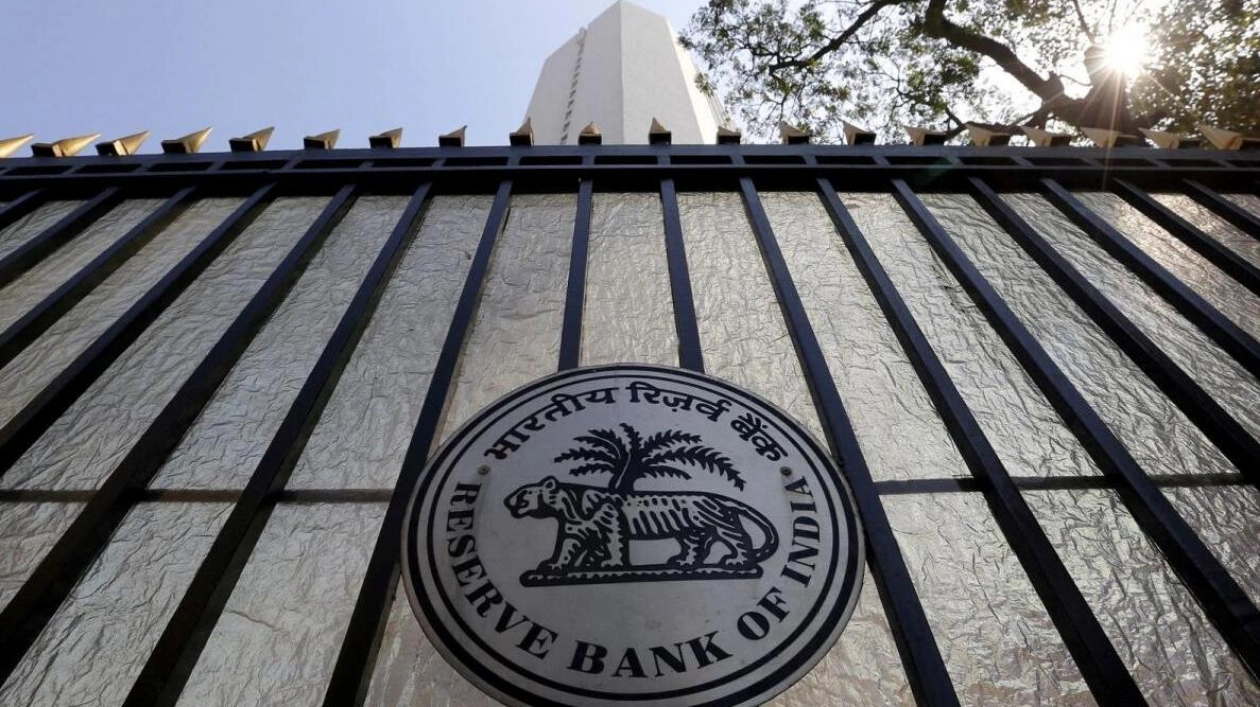On Tuesday, global fund managers expressed concerns that foreign investors view India's recent decision to reinstate restrictions on the purchase of certain government securities as a policy reversal that could compel them to revise their investment strategies. These restrictions were lifted in 2020 to facilitate India's inclusion in global bond indices, but on Monday, the central bank announced that new 14-year and 30-year government bonds would not be part of the Fully Accessible Route (FAR). The Reserve Bank of India stated that this decision was made in consultation with the government but did not provide any reasons.
A foreign fund manager in Singapore, speaking anonymously due to not being authorized to talk to the media, criticized these regulatory changes as they deter foreign investors from emerging markets with inconsistent regulatory patterns. Last week, a senior government official hinted to Reuters that India might reinstate foreign investment limits on some government securities if inclusion in JPMorgan's emerging market debt index resulted in a significant inflow of funds. The central bank and finance ministry did not respond to requests for comment.
Ten securities with maturities exceeding 10 years, included in the FAR, are part of the JPMorgan index, representing over 406 billion rupees ($4.85 billion), or 20% of overall FAR bond ownership. Their combined weight in the index is expected to increase to 3.87% by March 2025, nearly 40% of the total weight for Indian bonds. This exclusion comes shortly after India's debt was included in JPMorgan's emerging market debt index, and Bloomberg Index Services plans to include Indian bonds in its EM local currency index from January 2025. JPMorgan has not commented on this development.
Manish Bhargava, a fund manager at Straits Investment Management, noted that the RBI's decision introduces uncertainty into the Indian bond market and may lead foreign investors to reassess their strategies. A senior trader at a foreign bank suggested that authorities are uneasy with substantial foreign ownership of longer-duration bonds, fearing they might struggle to manage yields that could increase borrowing costs in the future. Fund managers anticipate that reduced foreign participation could impact liquidity, making it challenging to trade large volumes without price volatility.
Domestically, traders will continue to purchase longer-tenor bonds during yield increases to sell when yields decrease, according to Alok Sharma, head of treasury at ICBC. Bhargava warned of increased volatility in the market.






